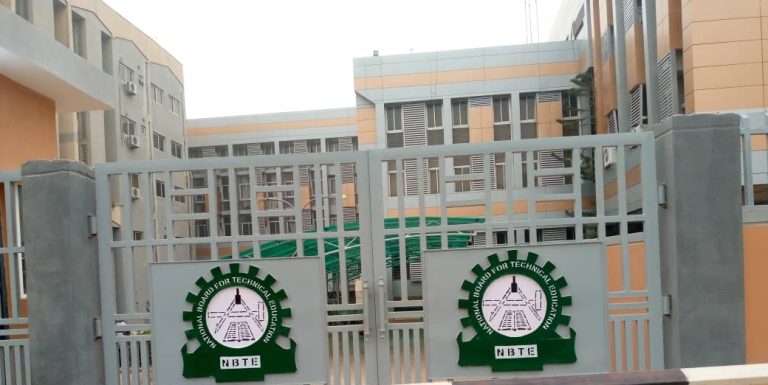The National Board for Technical Education (NBTE) has initiated the development of curricular for a Higher National Diploma (HND) in environmental health technology (with a focus on pest and vector management) and a National Diploma (ND) in family health care technology.
The Executive Secretary of NBTE, Prof Idris Bugaje, noted this during a pre-critique session on the development of the HND curriculum for environmental health technology and ND in family health care technology.
Nairametrics learnt that NBTE, in collaboration with the Environmental Health Council of Nigeria (EHCON) since Feb. 5, has also commenced the development of curricula for various environmental health specialities.
These specialities include environmental health (8 options), public health (3 options), epidemiology and disease control (3 options), and water sanitation/hygiene (WASH) (2 options).
The pre-critique aims to consider the curriculum to incorporate the most recent research findings, global best practices and emerging trends in environmental health and family health care.
What he said
Bugage, represented by the board’s Director of the Human Resource Department, Mr. Lawal Hafiz, emphasized that the development of curricula in various options signals a departure from the usual practice for the board.
He noted the challenge of elevating the health sector within technical education and development. Bugage further highlighted the significance of standardizing and regulating the environmental health and family healthcare technologies sectors to ensure they deliver the expected value.
He underscored the NBTE’s commitment to collaborating with relevant institutions and experts to maintain updated standards aligned with international best practices since its inception, aiming to sustain the nation’s educational and trade environment.
He emphasized that upon completion, the curricula would guide lecturers on teaching directions and competency testing for trainees.
Earlier, NBTE’s Director of the Curriculum Development Department, Dr. Hatim Koko, indicated that the final critique for family healthcare technology signifies its readiness for implementation across various colleges and institutions.
He mentioned EHCON’s series of functions for HND environmental health technology in Nigeria, including pest and vector management, and the previous development of a curriculum for food safety and hygiene during a seminar.
- “We now have about 16 options for HND, particularly those in environmental health practices.
- “It is this team that will develop the curriculum and it will be finalised in another critique similar to that of the family health care,” he said.
Dr. Yakubu Baba, EHCON’s Registrar, highlighted the multidisciplinary nature of environmental health, including specialties like water, sanitation, hygiene, air quality, occupational health, waste management, and food safety. He stressed the significance of each area in promoting public health and the need to produce competent environmental and family health care professionals.
- “Our goal is to create curricula that are comprehensive, innovative and responsive to the evolving needs of our society.
- “It is essential that our programmes equip students with the theoretical knowledge, technical skills, and practical experience necessary to tackle complex environmental and family health care issues,” Baba said.

